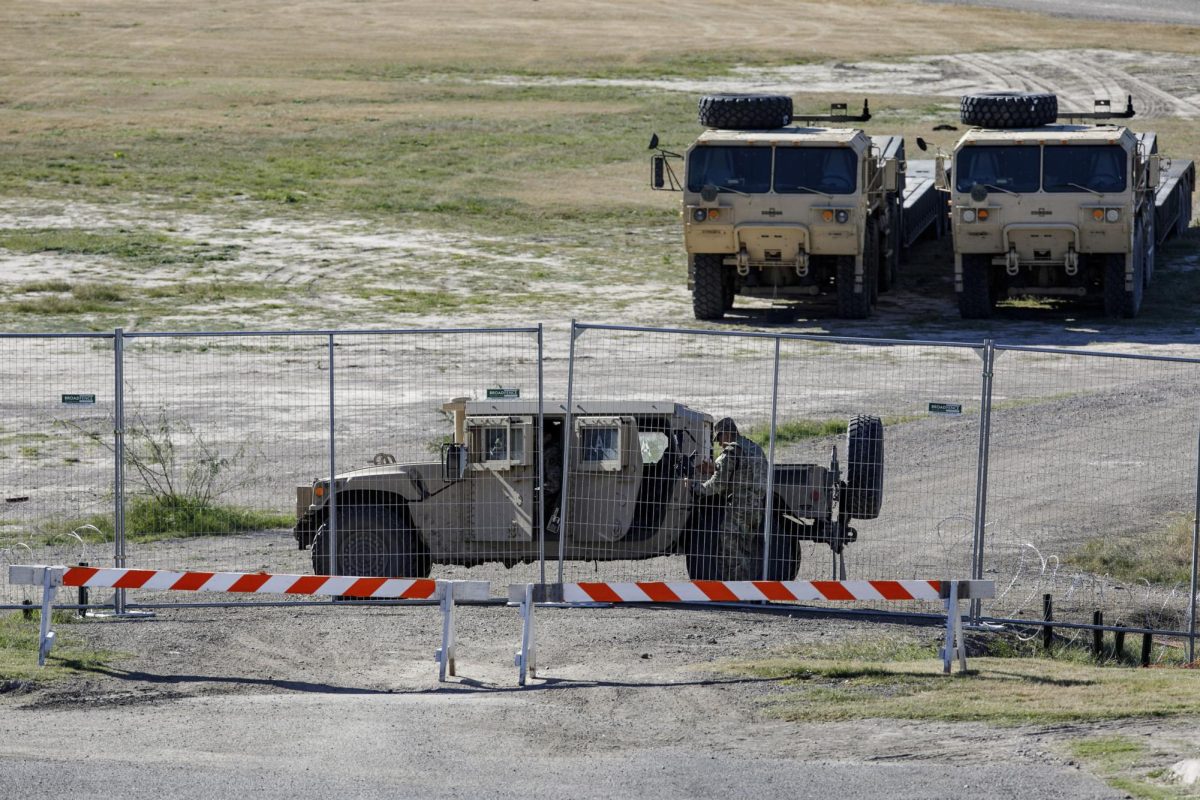
We all remember it, the year that was not. The year that was lost to time in a global pandemic that affected people of all ages, race, and religion. It was just past spring break in 2020 when we had the first announcement. Due to an outbreak, school would be postponed for another week. Then another, and then suddenly months pass as everything we knew and loved changed. The normalcy we knew, going to school or commuting to jobs were wiped out with the new presence of an aggressive disease.
COVID-19 was easily transferred from person to person with aggressive symptoms and hard to trace contamination. We entered a world wide pandemic, where we started practicing social distancing, wearing masks, and staying away from others. Life went on, school continued online to finish the year off, and people went back to their jobs. Those who were immunocompromised were kept away from any sign of sickness, and the world eventually began to run again, a bit differently.
As the infected and dead rose in numbers daily, the world released its first COVID-19 vaccination in 2021, a year after the pandemic had started. Katalin Karikó and Drew Weissman were the scientific pioneers who developed technology cutting techniques to create the exclusive vaccinations we all know today. These researchers discovered history changing techniques on how we view and treat diseases and viruses.
Vaccines before COVID-19 work drastically differently from now. Vaccinations usually carry a small amount of a specific pathogen that is introduced to the immune system via shot, where the body has ample time to identify the illness, and how to combat the dangerous viruses and bacteria in our bodies.
Karikó and Weissman discovered how to chemically alter the messenger mRNA, a type of single stranded RNA that helps protein synthesis in the body, to identify and target foreign substances.
The mRNA uses viral genetic code to produce proteins that build the foundation of virus blocking antibodies. Through this process, mRNA uses dendritic cells, antigen presenting cells that trigger the internal fight against invasive pathogens, to identify foreign substances, harmful bacteria or pathogens to trigger an immune response. Altering the bases of mRNA would quicken an immediate immune reaction once the genome identifies a foreign or unknown protein within the body.
After the initial COVID-19 outbreak and world wide pandemic, scientists worked around the clock to find a solution to this issue. Two base modified mRNA vaccinations were produced quickly and distributed to first responders and doctors, immunocompromised citizens, and eventually released to the public.
Kariko and Weissman received one of six nobel prizes this year for their amazing accomplishments that saved the world from a strong, aggressive pandemic. These scientists further developed theoretical, undeveloped practices and made them true. The further development of vaccinations, as well as changing how they fundamentally work within our bodies, helped us beat COVID-19, as well as further molecular biology used within modern medicine today.
For more information, please visit https://www.nobelprize.org/prizes/medicine/2023/press-release/




